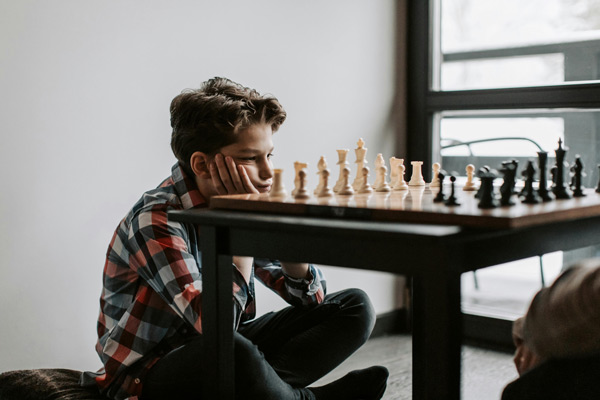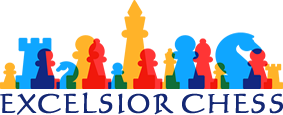![]()
Benefits of Chess
While the details of the birth of this ancient game remain obscured in the mists of the past, it is believed to date back to 4th century India. Later moving to Persia, it was picked up by Arabian traders, then traveled to the royal courts and religious orders of Europe via Moorish Spain and on to the New World. Lack of historical specificity notwithstanding, chess is arguably the oldest game still being played on Earth. For nearly two millennia chess has entertained and challenged us, and today, amidst the technological wonders of the 21st century, it continues to develop and hone the minds of young and old alike.
Years of anecdotal evidence have provided ample justification for the growth of scholastic chess programming for children, where critical thinking and life skills were learned and practiced. With the advent of “dynamic MRI’s”, it is now possible to visualize brain activity in real-time, showing that chess players are experiencing significant activity on both sides of the brain, thus enjoying a total brain workout.

